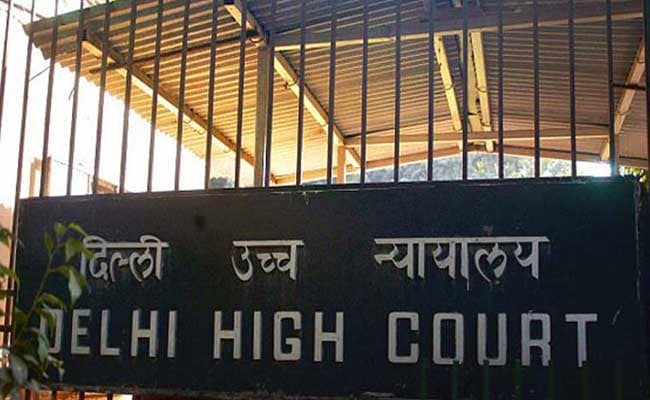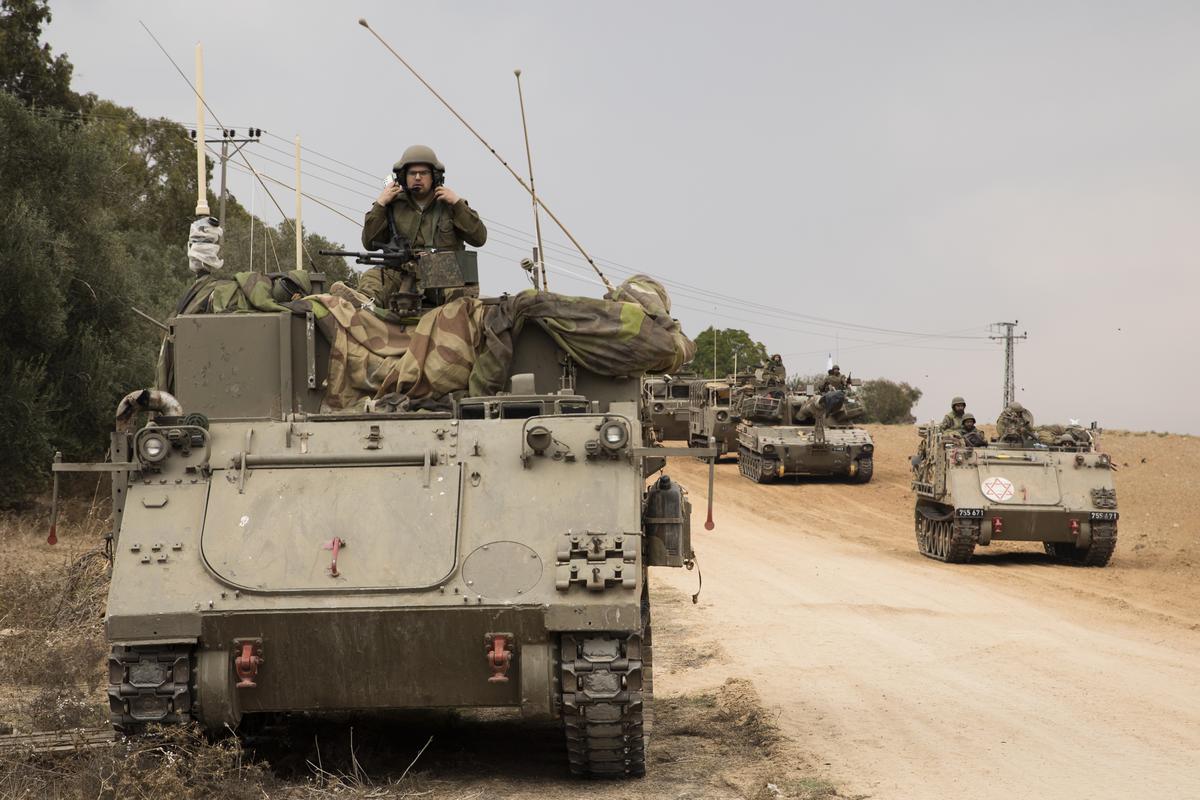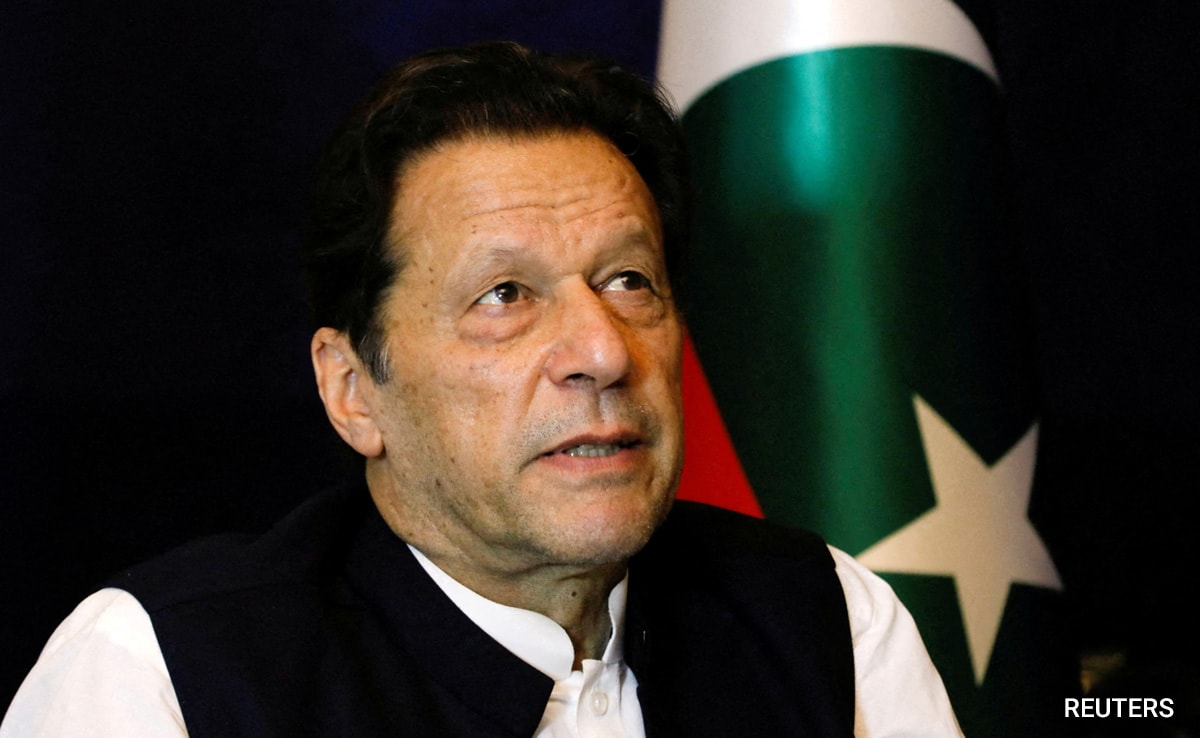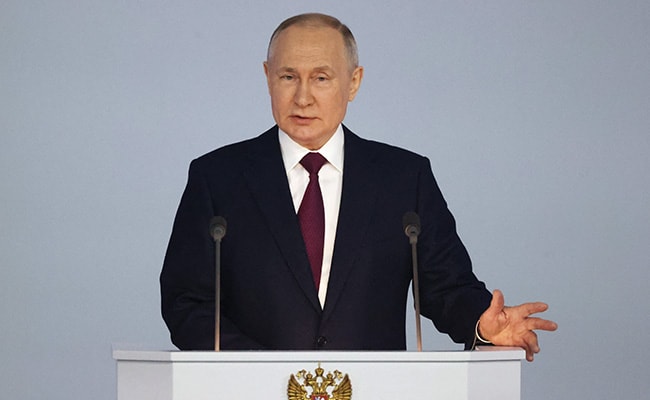Minneapolis Police Chief Brian O’Hara, left, talks with Michael Wilson, right, on the three-year anniversary of George Floyd’s death at George Floyd Square in Minneapolis. File
| Photo Credit: AP
United Nations rights investigators said on September 28 they had found systemic racism against black people throughout the U.S. policing and justice systems, and stressed the need for urgent reform.
In a report following a visit to the United States, they pointed to “the entrenched systemic racism against people of African descent in the United States”.
“(This) legacy of slavery … permeates the entire spectrum of the law enforcement and judicial system.”
Over 12 days in April and May, the team visited five detention centres and held meetings with victims, civic groups, the judiciary, police unions and officials in Atlanta, Chicago, Los Angeles, Minneapolis, New York and Washington.
“We heard dozens of heart-breaking testimonies on how victims do not get justice or redress,” investigator Tracie Keesee said.
“This is a systemic issue that calls for a systemic response. All actors involved, including police departments and police unions, must join forces to combat the prevailing impunity.”
The team of independent experts was set up in 2021 — a year after the murder of George Floyd, an African American, by a white U.S. police officer — to investigate racially fuelled police violence worldwide.
Studies showed African Americans in the United States were three times more likely to be killed by police than white people, and 4.5 times more likely to be incarcerated, the experts said. Of the more than 1,000 cases of killings by police each year, only one percent resulted in officers being charged.
They rejected the “bad apple” theory to explain killings and abuse by police.
Instead, “there is strong evidence suggesting that the abusive behaviour of some individual police officers is part of a broader and menacing pattern”, investigator Juan Mendez said.
Attitudes in the U.S. police and criminal justice system reflected attitudes found in U.S. society,” he said, adding there was a “critical need for comprehensive reform”.
The report issued a total of 30 recommendations to the US administration and the 18,000 police agencies across the country.
Among other things, it said armed police officers should no longer be the default first responders in situations like mental health crises, homelessness, traffic control and school discipline.
It also highlighted the systemic racism facing Black police officers and condemned “the appalling over-representation of people of African descent in the criminal justice system”.
It voiced profound concern about cases of Black children being sentenced to life imprisonment and the widespread use of solitary confinement.












